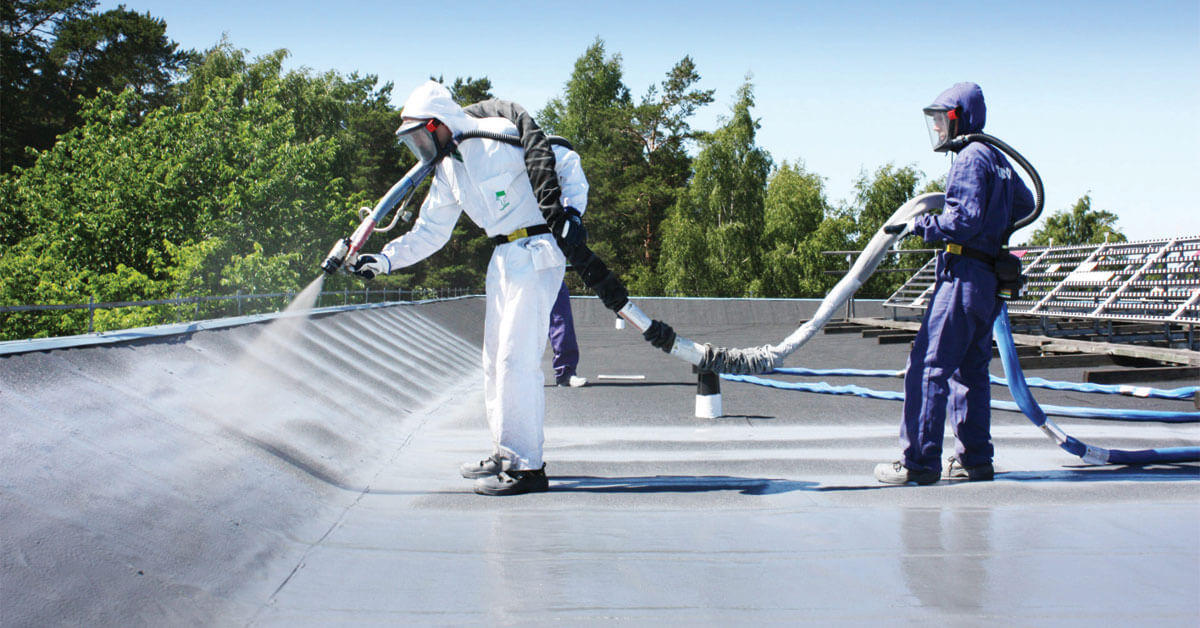When you have made a decision to drench surfaces to give additional safety aligned with wear then it will extend the life of that part where it is applied. There are various methods and categories of coatings such as sprayed polyurea, cementation coatings, hot-dipped coatings, vapor deposition, vitreous enamel coatings, immersion coatings, ceramic coatings, anodic coatings, surface-conversion coatings, powder coatings etc.
If you apply hot-dipped coatings of low-melting metals on the various steel items then it provides economical safety to their surfaces. If the dirt free work done thoroughly then it is absorbed in a soften drench of the metal covering. The metal covering comprises of a lean alloy coat jointly with a quite pure metal covering that stick on to the work as it is remote from the soak.
Sprayed coating permits the outside layer of a mass steel composition to obtain declining resistance and constructing the untidy machine parts for renewal, and with melting spot in surplus of 1650°C the application of very unmanageable coverings are managed.
Cementation coatings are created by transmission of the metal covering into the base metal. These outside layer are face alloys creating small dimensional alteration. In this type of covering parts are put for heat and in make contact with powdered material coating and that disperse into the outside surface to shape like a outside layer of alloy and the breadth of this depends on the hotness of dealing and on the time.
A thin specular coating is created on plastics, glass, paper, metals, and yet on fabrics in vapor deposition. The outside layer which is formed by compression of metal steam is invented from dissolved metal and by the high-voltage expulsion connecting electrodes or some time from compound ways such as thermal corrosion and hydrogen reduction of metal halides.
These types of coatings are created by using either way, like from straight compound displacement otherwise from thicker coverings by means of decreasing element or electro less covering. Metal ions coat out of resolution on top of the work portion. The outside layers are done by using the other way for instance from a direct displacement.
By dropping them with the help of flow coating the slip can be applied. After dripping it should be fired at a high temperature on which it blend into a permanent vitreous covering. Most of the time dry enameling is utilized for castings like bathtubs and the casting is flamed at high temperature then later on the dry powder of enamel is spread above the outside surface where it mingles.
These coverings are non crystalline coverings for any eye-catching long-lasting service in chemical, more or less high-temperature atmospheres or atmospheric. Vitreous enamel coating are smooth as like glass. A slither is organized by a water deferral of compressed glass, suspending agent, flux, noncompliant composite and coloring agents or pacifiers in the soaked enameling.
